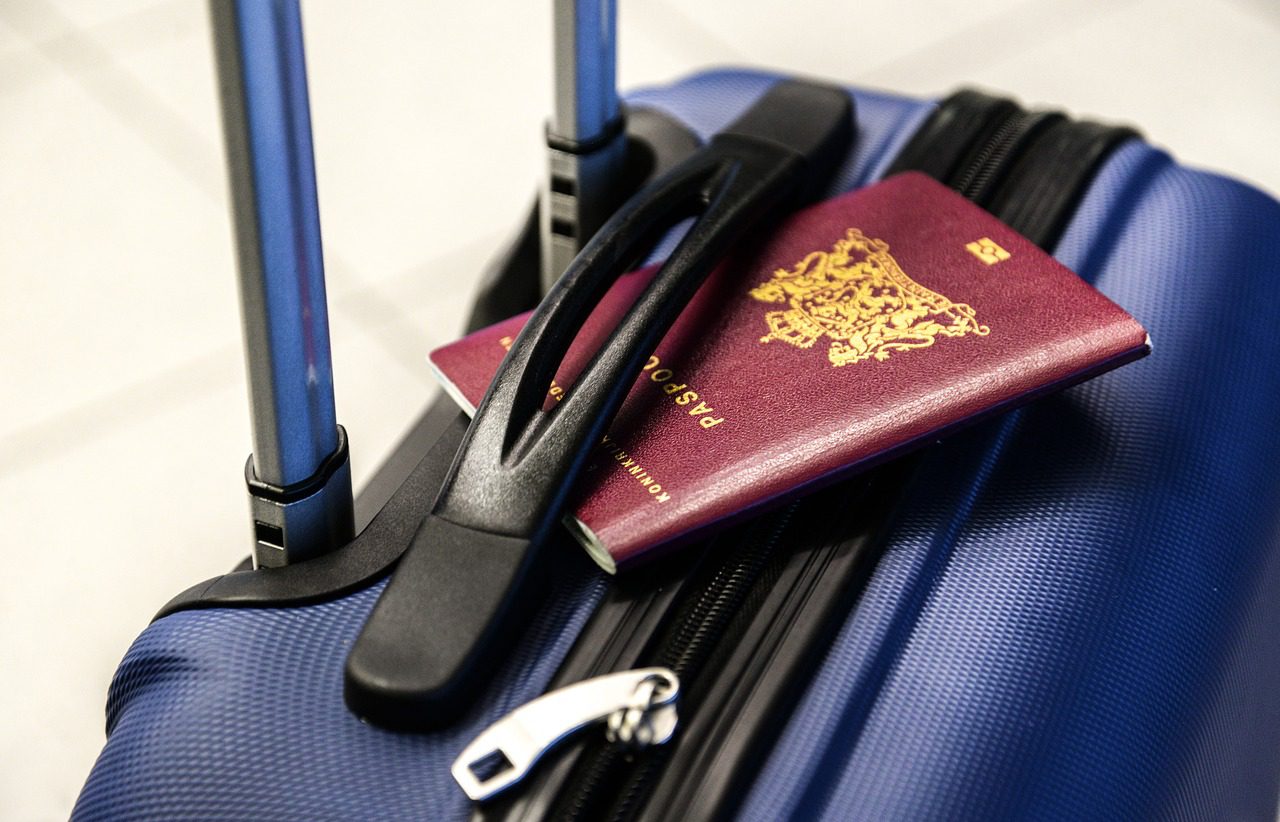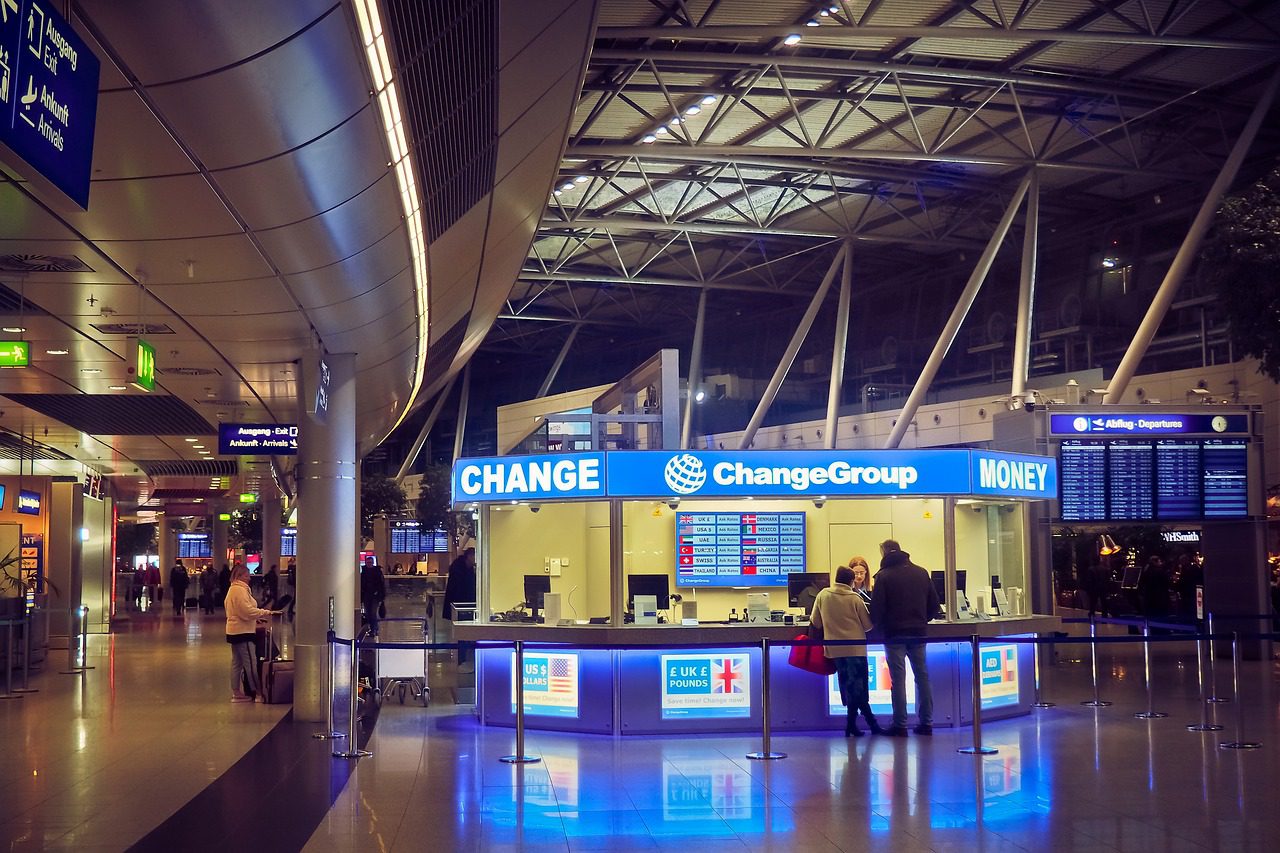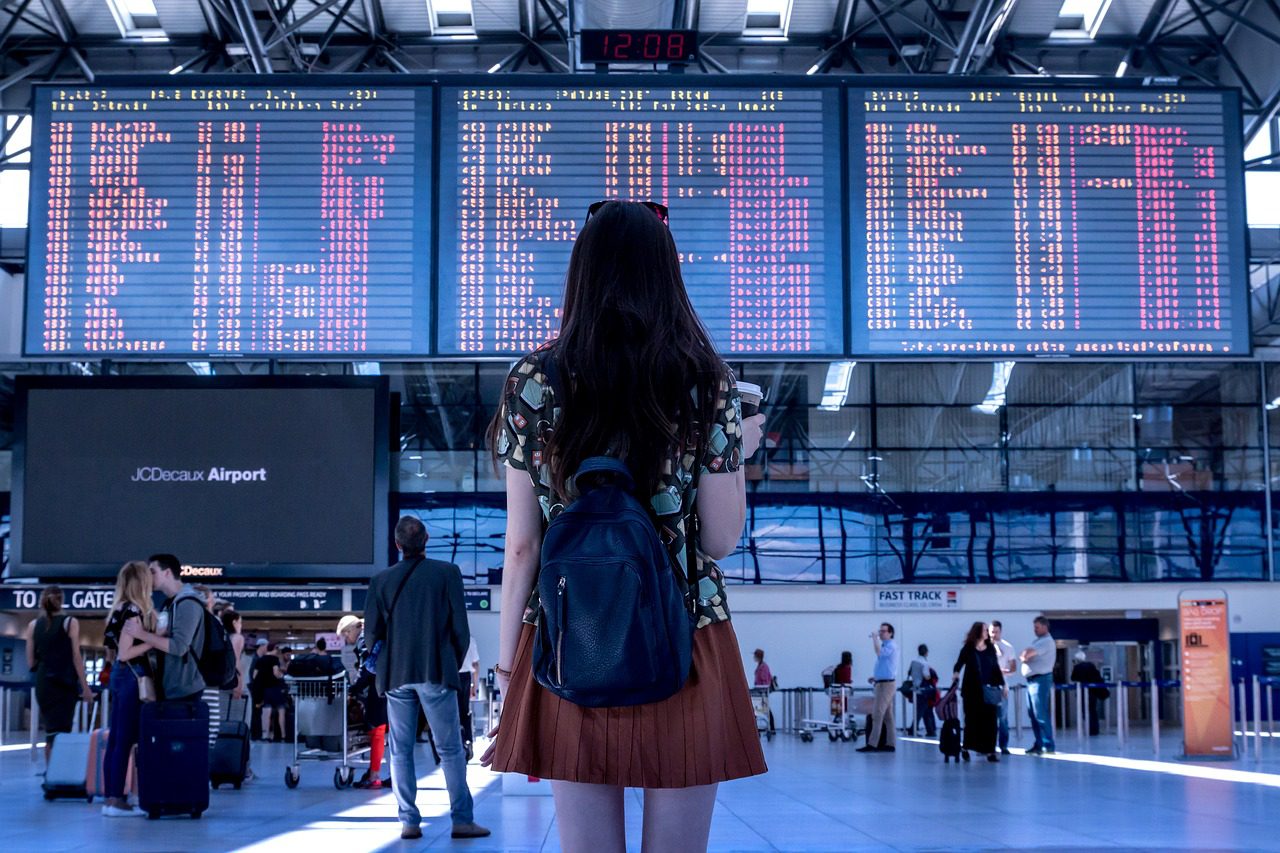We all can’t wait for the next travel plans. As such, there are several things that one might want to gather for a comfortable trip. Hence, let’s look at a few of the essential travel gadgets that can come in handy on the next voyage. Image Credits Getting all...
Category
Travel Tips
Tips to Seamlessly Organize An Ideal Luggage
Once you are done booking the accommodation and flight, the next step is to gain traction with your luggage. Even though you have specific travel destinations to travel to, know that every other place requires a unique set of luggage requirements. However, this...
The Simple Rules for Exchanging Foreign Currency
As you’re preparing to live overseas or travel for an extended period of time, it’s important to know how you’ll get cash. Credit cards are ubiquitous in most countries. But, there’s still the odd moment where you’ll need cash – and, depending on your destination,...
Budget Travel Tips for Students Traveling in 2019
A trip abroad, whether it is to study at a different university for a semester or to take a break from classes to seek a different kind of knowledge, is often (always?) a turning point in a student's life. But to make the most of their trip in 2019, students would do...
Popular Categories
Company
TNZ Web Solutions Limited is registered with the New Zealand Companies office. Company Record: 8208571
Contact
© Artisynq 2022 Terms & Conditions – Privacy Policy – Additional Info












